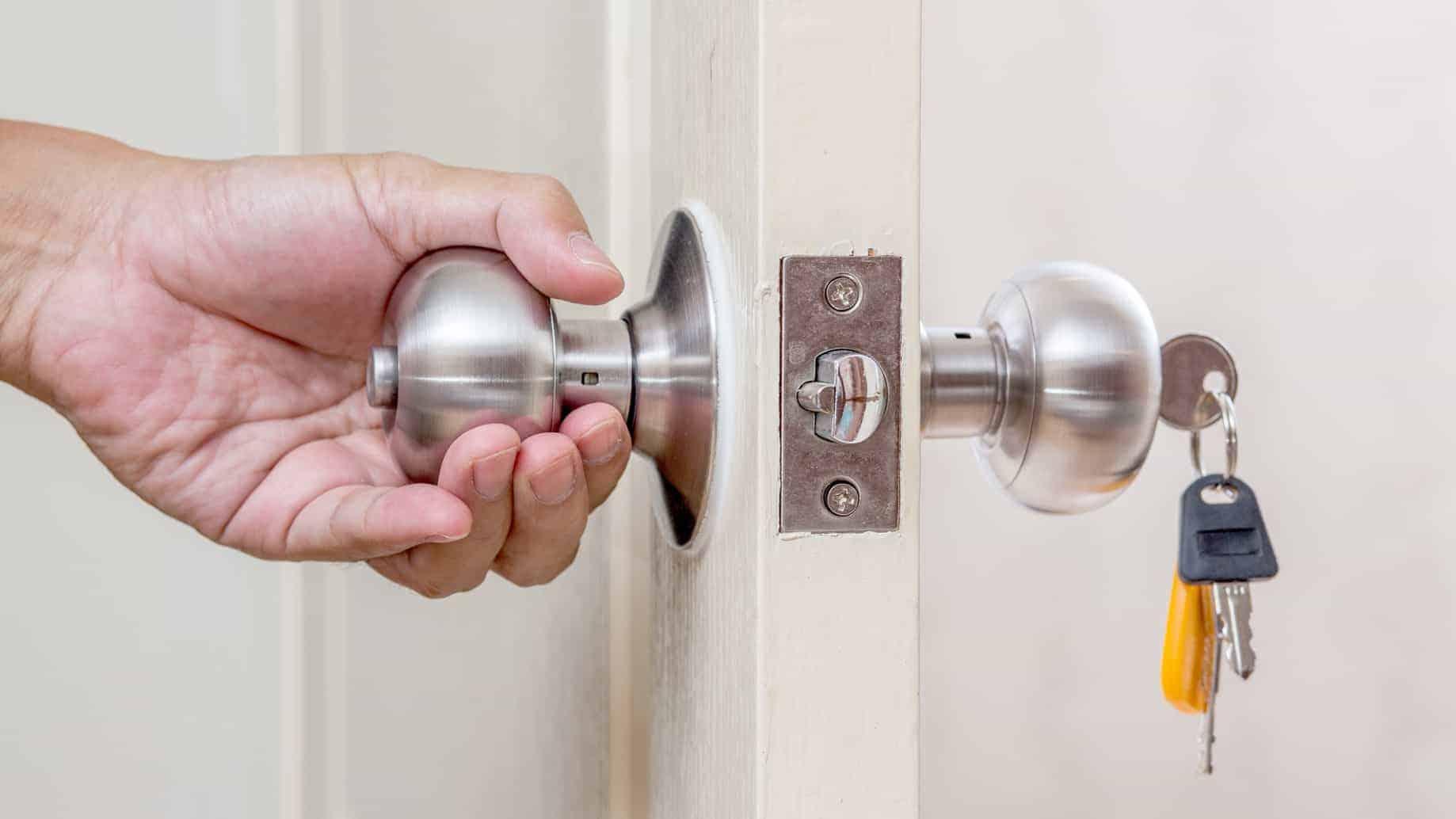Facebook and Apartments- To the Travelers

Apartment hunting can be one of the biggest stressors in modern day life, the market is big, confusing, and worst of all competitive. This competition is a cut-throat one that determines whether or not you as an apartment seeker ends up living underground, on the third floor, or if you have laundry available in the building, so the last thing anybody needs is to add more stress into the process. So for traveling professionals such as nurses, teachers, and any other traveler looking to stay for a period longer than what would be a typical hotel visit this housing market is even more stressful, looking for short-term and furnished apartments. That’s why it’s critical to always be aware of what you as the client, and are completely aware of who you’re communicating with.
In the past few years as travel nursing in particular has skyrocketed in popularity due to the Covid-19 Pandemic and as with anything there has also been an increase in fraudulent activity in the realty space, especially amongst furnished apartments. Many professionals find their temporary and furnished accommodations by using popular social media sites and forums, one of the most popular methods is Facebook Marketplace, and Facebook Groups. Of course not everybody tells the truth while on the internet and we’ve all heard of being catfished, so here are some tips to stay safe while searching social media for an apartment!
Stop Using Social Media for Communicating
Despite the convenience of using social media, it is also very easy for a lot of scammers to create fake profiles, and companies on social media with a few clicks and some open source photos. So it’s incredibly important to move onto a more secure and professional form of communication such as email. Never move from one messaging app such as facebook to WhatsApp. Generally getting off messaging apps helps you as a client to better control the paper trail, and also shows a level of professionalism that should be expected from a prospective landlord when they agree to exchange emails.
Get on the Phone
It’s simple really; you can follow all of the precautions and still get scammed if you don’t know if the person you’re trying to rent from is really a person. Any sort of refusal to take a phone call, facetime, or zoom, should be seen as a red flag immediately. The contact number you are given should be researchable and quickly findable to a company or person. An unwillingness (or inability) to show or confirm an identity and the realness of an offer (especially over the phone) should cause any client to back away rather quickly from that deal. Many times deals that seem too good to be true are accompanied by a refusal to talk on the phone, and generally a refusal to answer any questions no matter how polite, means it is most likely a scam.
Asking for Money
Prospective landlords, and agents should not be requesting money before you’ve had an opportunity to sign paperwork or see the apartment, either in person or digitally, and if they do this back out immediately. This means there’s no protection on any fund transfer and this is exactly what a scammer wants, to make you uncomfortable and scared into thinking that there will be no other options. There will always be another option and better people to work with who actually have a product to give you.
Confirm the Listing
Whenever possible make sure to try and find your listing on other websites such as Zillow or Google, just to make sure that the listing you are looking at is a legitimate post. When renting from a private landlord and some smaller companies the address may not be shown on the initial listing for security purposes of the current tennant. However as soon as you get the address confirming it as a real property is an incredibly important step in finding housing because addresses can be given out but the unit could not exist or just be inhabited by another tenant. Lots of foreign and domestic phishers will just supply a fake address with photos that don’t match, this is to protect them from prosecution when they succeed which is why it is so important to remain diligent.
Be Prepared for Anything
In the event that a phisher or scam artist succeeds in tricking you, or just in case you couldn’t find housing at first, always make sure you have enough money for at least two weeks stay in a hotel. This security blanket will protect you from being stranded in a strange and unfamiliar city, and also allow, especially traveling professionals, a bit more freedom on what jobs to take as well as not having to give up a posting in the event that an apartment doesn’t work out.
Self Defense, and Travelers Security
Finally the last thing to have in the go bag is the knowledge of how to defend yourself from all sorts of attackers and threats. Traveling for work leaves us vulnerable to cyber attacks on our devices, disconnecting and connecting to numerous unfamiliar networks is a real danger, so using products like VPNs and premium firewalls for asset protection are very important to keep your personal information safe. But what about physical security? Well there are a number of security systems available to consumers that can travel from apartment to apartment and only require a wifi connection to work.
While I can promise following these tips will absolutely keep you safe they will certainly help you on your travels and can help fill anyone up with a little more confidence in their own safety just by following. Good luck, stay safe, enjoy the job.
